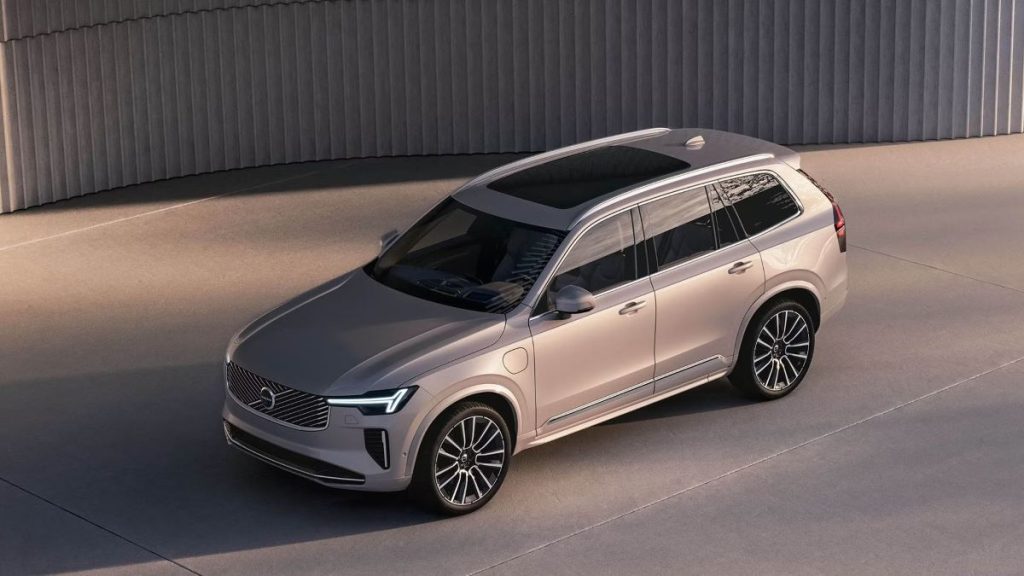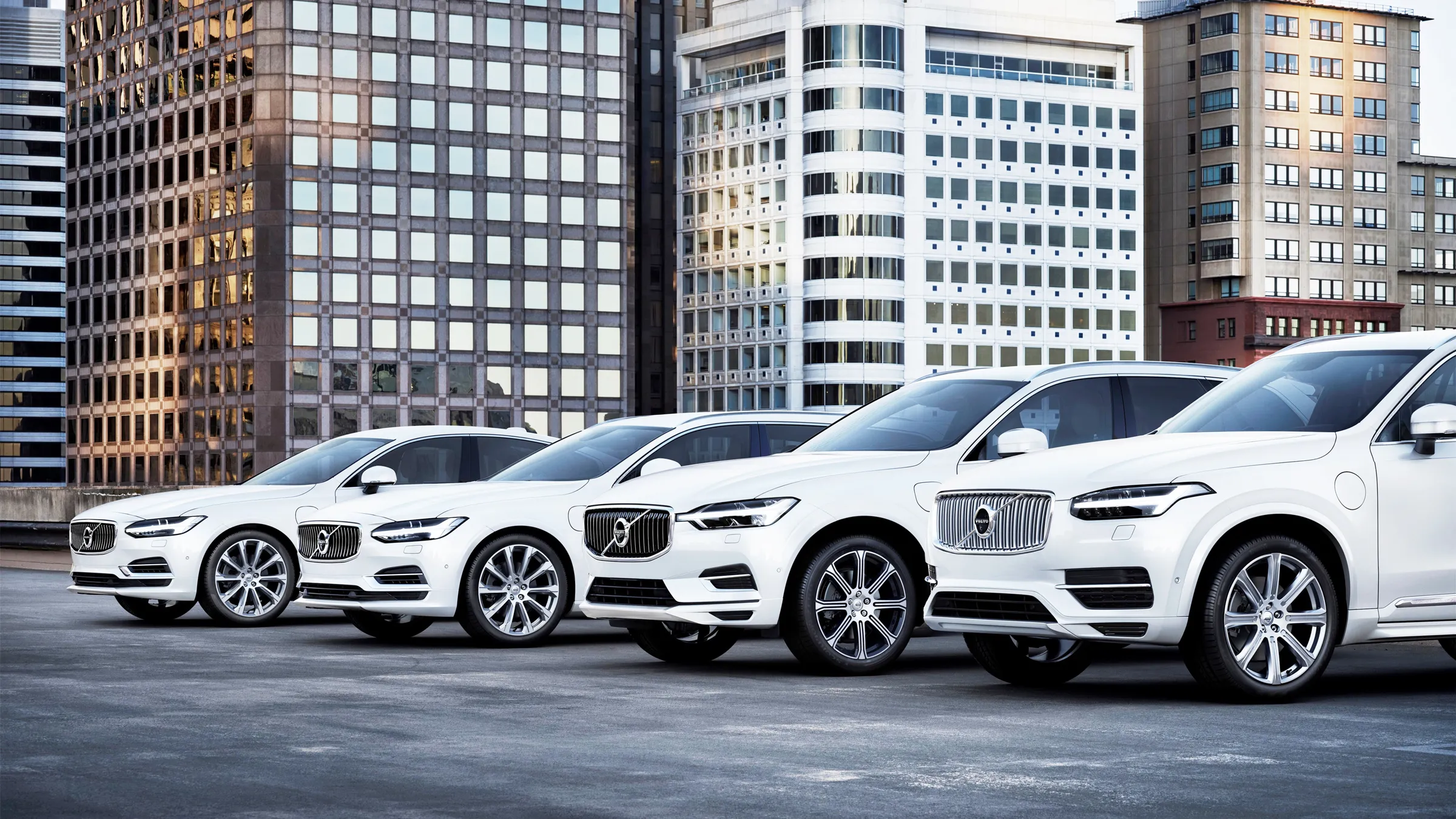Volvo was one of the first traditional automakers to signal the gradual phase-out of its internal combustion engines (ICE).
As early as 2021, the company pledged to go fully electric by the end of this decade. While this goal has since shifted, Volvo remains adamant that Europe should uphold its planned 2035 ban on new gasoline and diesel car sales.
A report reveals that Volvo, along with 49 other companies, signed a declaration urging the European Union to maintain its commitment to the 2035 deadline.
Volvo’s CEO, Jim Rowan, emphasized that banning the sale of new ICE vehicles is the most effective way for the auto industry to reduce emissions in Europe. He stated, “Electrification is the single biggest action our industry can take to cut its carbon footprint.”
Volvo is not alone in this push. Electric vehicle manufacturer Rivian also supports the EU’s goal to phase out gas and diesel cars by the middle of the next decade.
While some automakers opted not to sign the declaration, major companies from other sectors, such as Uber and Ikea, added their names. Interestingly, Tesla, which like Rivian only sells electric vehicles, was not mentioned in the report.
It’s worth noting that the 2035 ban has a caveat. The European Commission (EC) plans to prohibit cars that produce harmful emissions, rather than banning internal combustion engines entirely.
This could potentially allow ICE vehicles powered by synthetic fuels or hydrogen to remain on the market. Germany pushed for this exemption, and the EC has committed to creating a legal framework for vehicles running on carbon-neutral fuels to continue sales beyond 2034.

In the meantime, Volvo has already made a significant move away from traditional combustion engines. In late March, the company produced its last diesel-powered car, with no plans to reintroduce diesel engines.
By 2030, Volvo expects plug-in hybrids (PHEVs) and electric vehicles (EVs) to make up 90-100% of its total sales.
Looking ahead to 2030, the Geely-owned automaker predicts only a small number of mild hybrid models will still be in production.
Volvo’s current trajectory already shows that PHEVs and EVs accounted for 48% of its sales in the second quarter of this year. The company expects that figure to rise to 50-60% by 2025.
In contrast, not everyone is on board with the 2035 deadline. Earlier this year, Porsche’s Chief Financial Officer, Lutz Meschke, suggested the ban might face delays.
More recently, Italy’s Minister of the Environment and Energy Security, Gilberto Pichetto Fratin, voiced his opposition, calling for the ban to be revised.
He criticized the ban as an “ideological vision” that has failed and argued that Europe needs a “pragmatic vision.” Italy’s Prime Minister, Giorgia Meloni, also opposed the plan, calling it “self-destructive.”
Regardless of how the situation unfolds in Europe, the decision will have far-reaching global consequences. Europe is home to some of the largest car manufacturers, and many of the world’s vehicles are developed and produced there.
If automakers are prohibited from selling gasoline-powered cars after 2035, they might struggle to achieve the economies of scale needed to keep those models alive globally. This could lead to the eventual end of ICE vehicles worldwide.

